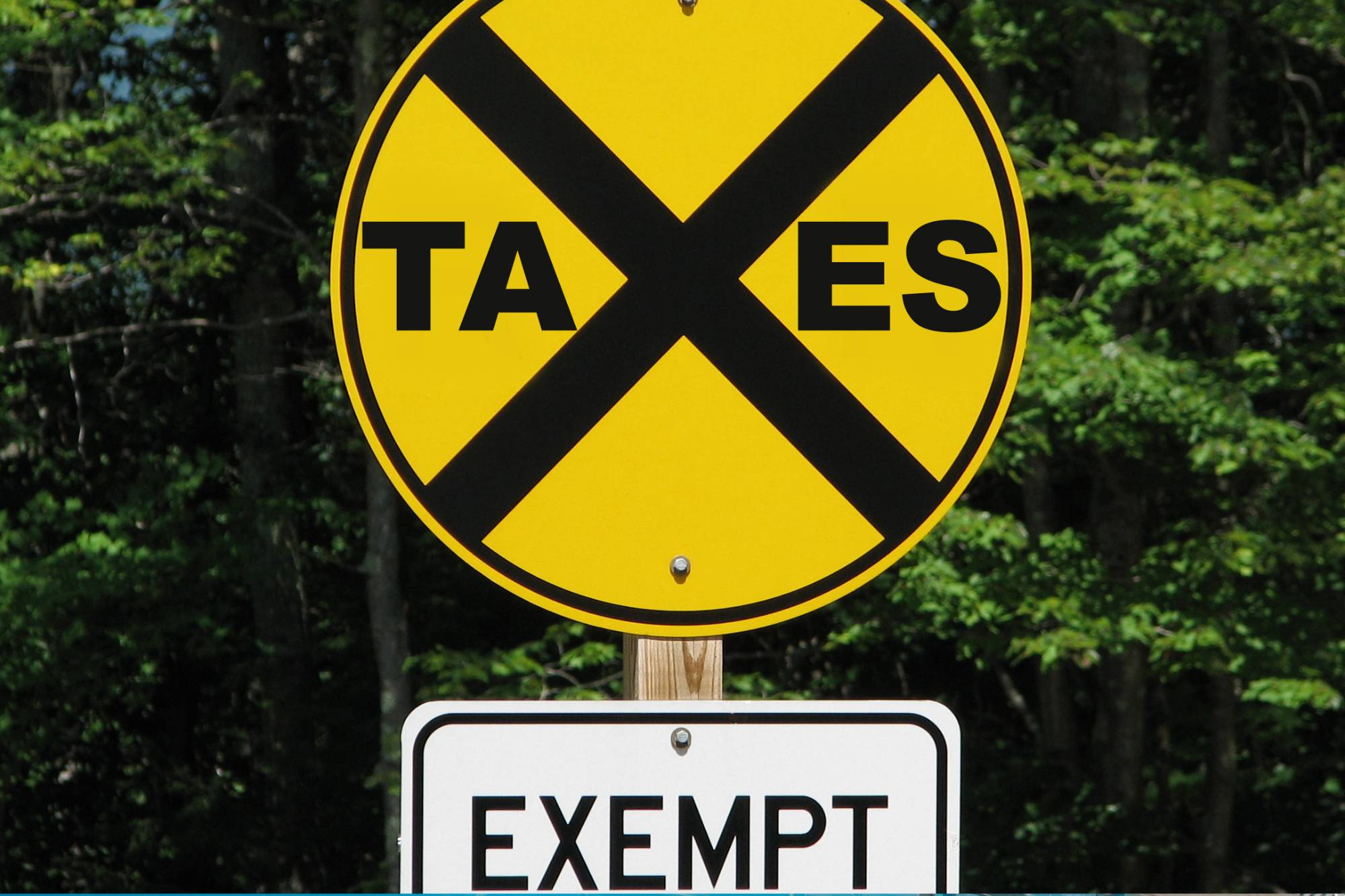Selling an Australian property in the future has various tax implications and financial considerations.
Whether you are an Australian, a foreigner, or a former resident, important factors can influence your tax bill and the financial consequences you may face.
This article will guide you through the key issues to consider when selling an Australian property in the future.
Let’s Get Straight to the Point
Selling an Australian property involves key tax implications, particularly Capital Gains Tax (CGT). If the property was your main residence, you may be exempt from CGT, but foreign residents face stricter rules and a higher withholding tax (15% from 2025).
The 6-year rule allows you to rent your former home while retaining the exemption, and a 12-month ownership discount can reduce CGT by 50%. Legal requirements include preparing a Vendor’s Statement and Contract of Sale, and market conditions should be assessed before selling.
Consulting a tax or real estate expert is strongly recommended to navigate tax obligations and maximise financial benefits.
Capital Gains Tax (CGT)
One of the most significant tax considerations when selling your Australian property is Capital Gains Tax (CGT). CGT is a tax on your profit from selling an asset such as a property.
You will typically be required to pay CGT on the difference between your Australian property’s purchase and sale prices if you choose to sell it. This difference is known as the capital gain.
Exemptions From CGT
CGT applies to most properties, but there are exceptions. The most common exemption is the Main Residence Exemption.
If the property you are selling was your primary residence, you might be eligible for a full or partial exemption from CGT. This means you may not have to pay CGT on the profit you made from selling the property.
However, the exemption only applies under specific conditions, and the rules can differ if you are a foreign resident.
Changes to Withholding Rates for Foreign Residents
The tax situation is slightly different for foreign residents selling property in Australia. Starting January 1, 2025, the withholding tax for foreign residents selling property will increase from 12.5% to 15%.
This new rate will apply to all property sales, regardless of price. As a foreign resident, this withholding tax is paid upfront, and you may need to file an Australian tax return to claim any refunds or deductions.
If you are a foreign resident, staying current with these changes is crucial to avoid any surprises regarding taxes on the sale.
Main Residence Exemption
Regarding the sale of your property, the Main Residence Exemption plays a crucial role in determining whether or not you will be liable to pay CGT.
If the property you’re selling was your primary residence for the entire period of ownership, you may be completely exempt from CGT. However, this exemption has some specific rules and limitations.
Life Events Test For Foreign Residents
Foreign residents can no longer automatically claim the Main Residence Exemption. They must meet certain criteria to qualify.
One key factor is the “life events test, ” which considers significant life changes, such as moving overseas for work or personal reasons.
If you meet the criteria under this test, you can claim a partial or full exemption from CGT. The regulations are very detailed, though, and to understand how they relate to your circumstances, you should consult a tax or real estate expert.
The 6-Year Rule
One of the most important rules related to CGT on your main residence is the 6-year rule. Under this rule, you can rent your property for up to six years and still be eligible for the Main Residence Exemption, provided the property was originally your main residence.
If you decide to sell the property within these six years, you may avoid paying CGT on the capital gain. This rule provides flexibility for people who may need to temporarily move out of their main residence but still want to keep the property as an investment.
However, it’s important to note that the exemption only applies if the property was originally your main residence. Additionally, the six-year period starts when the property is first rented out.
Suppose you plan on selling your property within this time frame. In that case, it’s critical to understand the six-year rule and how it applies to your situation to avoid unexpected tax liabilities.
12-Month Ownership Discount
Another benefit when selling an investment property is the 12-month ownership discount. If you’ve owned the property for over a year, you may be eligible for a 50% CGT discount on the capital gain.
If you’ve owned the property for over a year, only half of the capital gain you make when selling will be subject to CGT. This discount can be a significant advantage for long-term property investors, and it encourages holding onto the property for longer periods to reduce the tax burden upon sale.
Example: CGT Calculation With The 12-Month Discount
Suppose you bought a property for $300,000 and sold it for $500,000, making a $200,000 capital gain. If you owned the property for over 12 months, you may qualify for the 50% CGT discount, meaning only $100,000 of the gain would be taxed.
This could result in significant savings on the sale. However, if you sell the property within 12 months of ownership, you won’t be eligible for this discount, and the full capital gain will be taxed.
Legal Requirements When Selling
When you decide to sell your Australian property, you must meet several legal requirements. One of these is creating the Vendor’s Statement and the Contract of Sale. These documents outline the sale details, including the price, settlement period, and other key terms.
You should hire a conveyancer or a solicitor to handle these legal aspects. They can ensure that all the necessary paperwork is correctly prepared and filed. A professional will also help you navigate potential issues or disputes during the sale process.
Market Conditions
Assessing the current market conditions is crucial before deciding to sell your property. Interest rates, regional demand, and economic conditions are just a few variables that affect real estate values.
Price Growth And Demand
In cities like Sydney and Melbourne, property prices have seen significant growth in recent years. However, prices may vary in different locations across Australia.
For instance, while Sydney and Melbourne might have higher demand for properties, other cities like Brisbane, Perth, and Adelaide may offer different price trends and market dynamics. Understanding the market trends in your property’s location can help you determine the right time to sell.
If prices are currently high, cashing out may be a good option. If the market is down, you should hold onto the property until it improves.
Tax Obligations And Filing Returns
Whether a resident or a foreign resident, you will have tax obligations when selling an Australian property. These obligations may include paying CGT, land tax, and potentially other state-specific taxes.
Knowing all your tax obligations and filing the necessary tax returns is essential. If you’re a foreign resident, you may also need to apply for an Australian tax file number (TFN) to handle your tax obligations properly.
Your tax return will need to account for any capital gain made on the sale, and you may also be required to report the sale to state revenue offices for land tax purposes.
Foreign Resident Considerations
Additional tax ramifications may arise when a foreign resident sells real estate in Australia. For example, the 15% withholding tax rate on property sales mentioned earlier applies to foreign residents, but other considerations exist.
If you’re a foreign resident, you may also face reassessments from state revenue offices, which could result in additional taxes or penalties.
Additionally, some foreign residents may have a more complex situation if they are selling a property that was once their main residence but no longer meets the eligibility criteria for the Main Residence Exemption.
Selling an Australian property, especially if you’re a foreign resident, requires careful consideration of multiple factors, including CGT, the 6-year rule, market conditions, legal requirements, and tax obligations.
Understanding the exemptions and discounts available, such as the Main Residence Exemption and 12-Month Ownership Discount, can help reduce your tax burden. It’s also critical to keep abreast of tax rate changes, particularly the higher withholding rate for foreign residents that will take effect in 2025.
You are strongly advised to speak with a real estate or tax specialist before selling. They can guide you through the process, ensuring you understand the full tax implications and helping you make the most informed decision. By doing so, you can minimise your tax liability and ensure that the sale goes smoothly.


